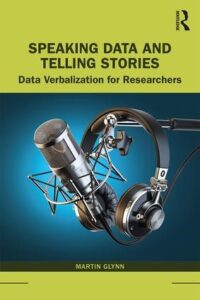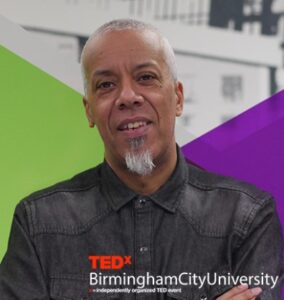Presentations from Andrew Gargett, Lecturer in Artificial Intelligence, and Alison Fox, Senior Lecturer in Teaching and Learning (The Open University).
Wednesday 2nd December, 14:00 – 15:30
ONLINE: Adobe Connect
Adobe Connect Link for OU Staff
Link for external participants
Presentation 1: Topics in Social AI
Dr Andrew Gargett
Abstract:
While AI research and technology is becoming established in almost every sector of many national economies, from education and healthcare, to retail, transport, agriculture, automotive and professional services, it is far less clear how AI is impacting on other domains of our lives, including the social, psychological & cultural. My work in AI has taken me from more research-focused areas of modelling social and cultural features of communication and action between agents (natural and/or artificial), to more industry facing roles applying AI techniques, often at scale, to address business challenges across a range of industry sectors. This talk will attempt a kind of synthesis of these experiences. I will also report on an initiative within the School of Languages and Applied Linguistics around “social AI”. In order to bring these threads together, I will devote some time to considering the impact of the increasing push from within research and industry toward more socially responsible AI.
Bio:
Andrew Gargett recently joined The Open University’s School of Languages and Applied Linguistics, as a Lecturer in AI (July 2020). From February 2016, he led the AI team at the Hartree Centre, within the Science and Technology Facilities Council. Prior to this, he completed a Marie Curie Research Fellowship (2013-2015), at the School of Computer Science, University of Birmingham, on the Gen-Meta project (automatically understanding and generating metaphor in natural language).
Presentation 2: Keeping humanity in AI in Education research
Dr Alison Fox
Abstract:
This presentation is based on a chapter drafted for a book under contract to Routledge entitled The Ethics of AI in Education: Who Cares? Data, algorithms, equity and biases, in educational contexts, edited by Wayne Holmes and Duygu Bektik. This was the result of an invitation to apply an ethical framework developed over the last 10 years, drawing together four ethical traditions, to the field of AI in Education research. This presentation will cover this analysis to identify a range of dimensions to keep in mind to ensure that humanity is retained within the field of AI in Education research.
Bio:
Alison is a Senior Lecturer in Learning and Teaching in the School of Education, Childhood, Youth and Sport in WELS. She has developed interests in research ethics, including acting as part of the working group revising the British Educational Research Association ethical guidelines launched in 2018, as Ethics Advisor to a Horizon2020 project led by Cambridge University and is currently Deputy Chair of the OU HREC. She has led the design and running of two open courses about research ethics: A University of Leicester/FutureLearn MOOC People Studying People: Research Ethics in Society and is hosted at: https://www.futurelearn.com/courses/ethical-research and an OpenLearn Badged course, here at the Open University, launched in October 2020 called Becoming an Ethical Researcher can be found at: https://www.open.edu/openlearn/education-development/becoming-ethical-researcher/content-section-overview-0?active-tab=description-tab


